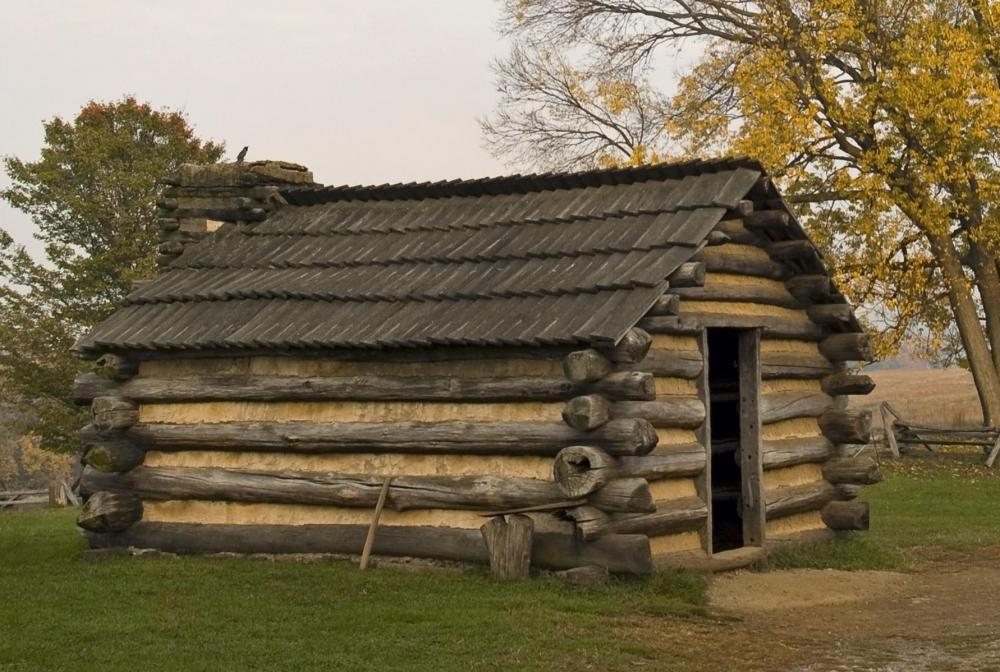

The Pilgrims were a humorless lot with a fondness for black. As they understood it, a thanksgiving was a solemn observance, a “holy day” devoted to worship in acknowledgment of a specific, extraordinary blessing from the Lord.Ĥ. More important, the 1621 celebration wasn’t a thanksgiving at all from the Pilgrims’ perspective. Among English settlers, there is evidence of a thanksgiving celebration in 1607 at a short-lived colony on the coast of Maine, and of two others among Virginia colonists in 16. Texas historians say Spanish colonists celebrated thanksgiving with the Manso Indians near present-day El Paso in 1598, not early enough to beat out Florida but still a generation before the celebration in Massachusetts. Augustine by conquistadores (who would soon slaughter the Huguenots). The next year, Spanish documents refer to a thanksgiving Mass celebrated at St. There is evidence of a thanksgiving service held in 1564 near present-day Jacksonville, Fla., by French Huguenots. The Algonquian people, for example, participated in regular ceremonies linked to the crop cycle, while the nearby Wampanoag annually celebrated the first harvest of the new season with a “strawberry thanksgiving.”Įuropeans who arrived in North America before the Pilgrims also engaged in such observances. Native Americans had a long tradition of thanksgiving celebrations. The Pilgrims were hardly the first people to stop and thank their creator for a bountiful harvest. The Pilgrims’ autumn celebration in 1621 was the first American Thanksgiving. In America, they hoped to live by themselves, enjoy the same degree of religious liberty and earn a “better and easier” living.ģ. But while they cherished the freedom of conscience they enjoyed in Leiden, the Pilgrims had two major complaints: They found it a hard place to maintain their English identity and an even harder place to make a living. If a longing for religious freedom had compelled them, they probably never would have left. In Leiden, God had allowed them, in Bradford’s estimation, “to come as near the primitive pattern of the first churches as any other church of these later times.” God had blessed them with “much peace and liberty,” Winslow echoed. Bradford and Edward Winslow both wrote glowingly of their experience.

There they encountered a religious tolerance almost unheard of in that day and age. Remember that the Pilgrims went first to Holland, settling eventually in the city of Leiden. It’s fair to say that the Pilgrims left England to find religious freedom, but that wasn’t the primary motive that propelled them to North America.
:max_bytes(150000):strip_icc()/PilgrimsGettyImages-bat153760-59e62b50519de2001251c49c.jpg)
The Pilgrims came to America in search of religious freedom. We “know” the location of the Pilgrims’ landing because in 1741 -121 years after they arrived - a young boy overheard 95-year-old Thomas Faunce relate that his father, who came to Plymouth three years after the Mayflower, told him he’d heard from unnamed persons that the landing occurred there.Ĭuriously, William Bradford never mentioned Plymouth Rock in his history, “Of Plymouth Plantation,” and if the expedition landed there, he seems not to have noticed.Ģ. If you visit Plymouth today, you’ll find a distinctive rock about the size of your living-room sofa embedded in the sandy beach, sheltered by a classical Greek portico and labeled with a sign erected by the Commonwealth of Massachusetts proclaiming, “Plymouth Rock: Landing Place of the Pilgrims.” It’s not hard to picture simple English folk huddled on that rock, envisioning through eyes of faith the great nation that would spring from their humble beginning.Įxcept that’s probably not what happened. We have burdened them with values they wouldn’t have recognized and shrouded their story with myth.ġ. Americans have chosen the Pilgrims as honorary ancestors, and we tend to see their story as inseparable from the story of our nation, “land of the Pilgrims’ pride.” We imagine these honorary founders as model immigrants, pacifists and pioneers in the democratic experiment. When it comes to historical memory, the old saying that you can’t choose your relatives is just plain wrong.


 0 kommentar(er)
0 kommentar(er)
